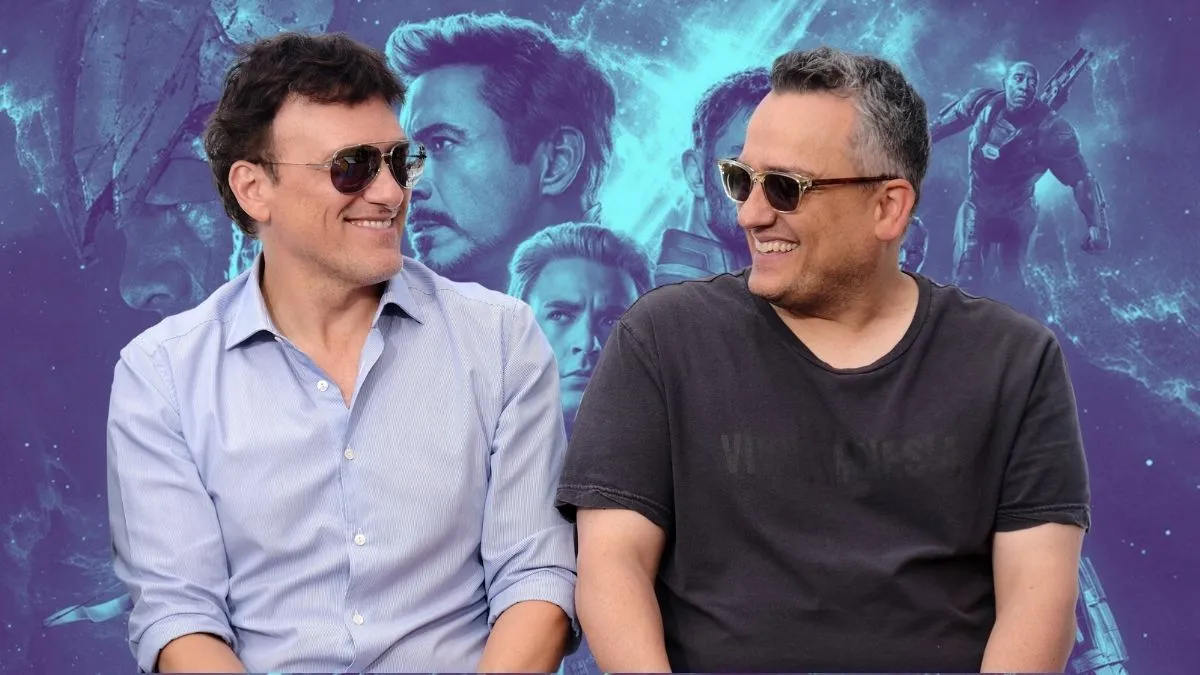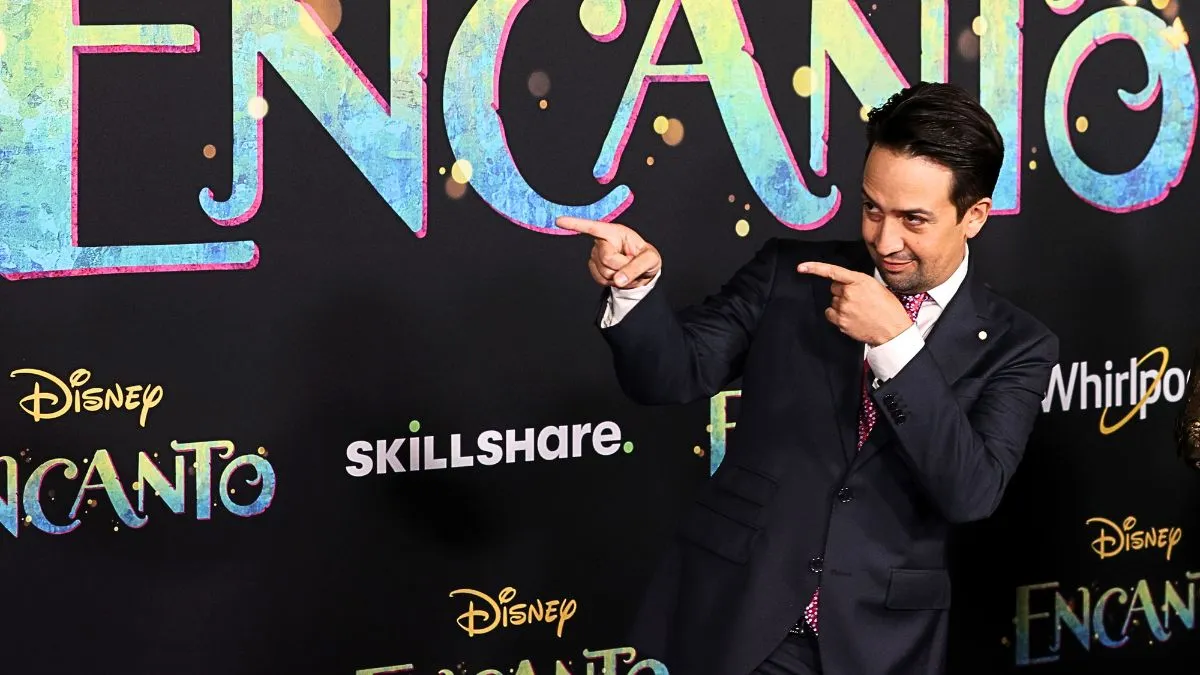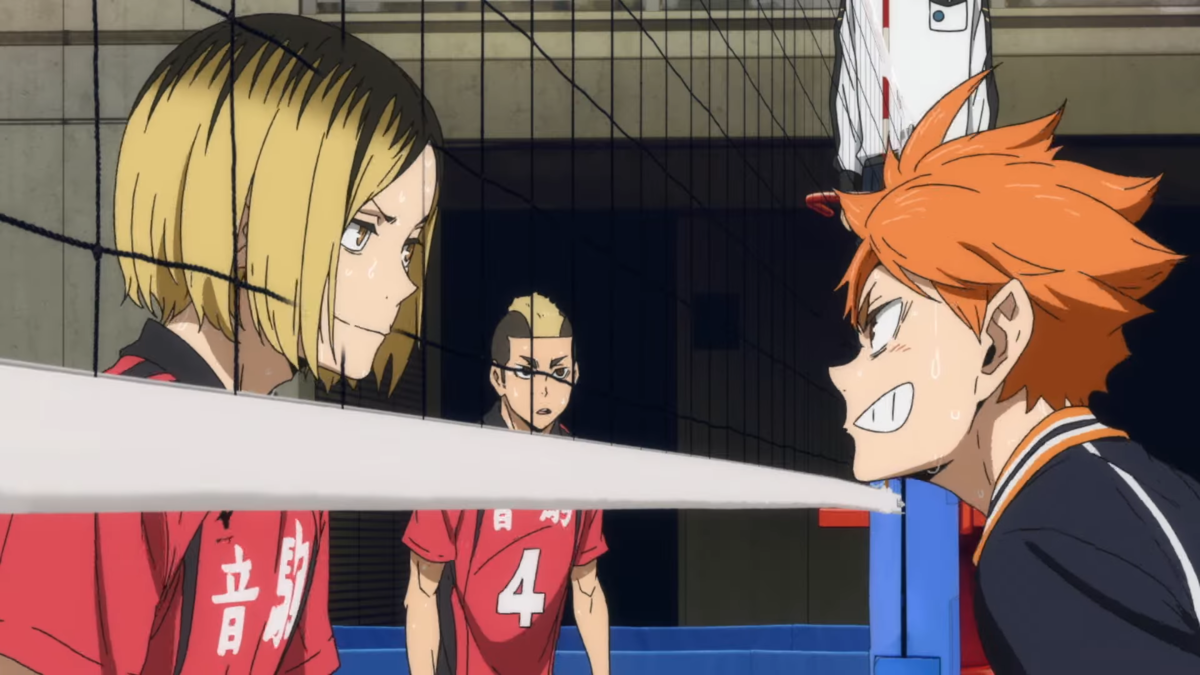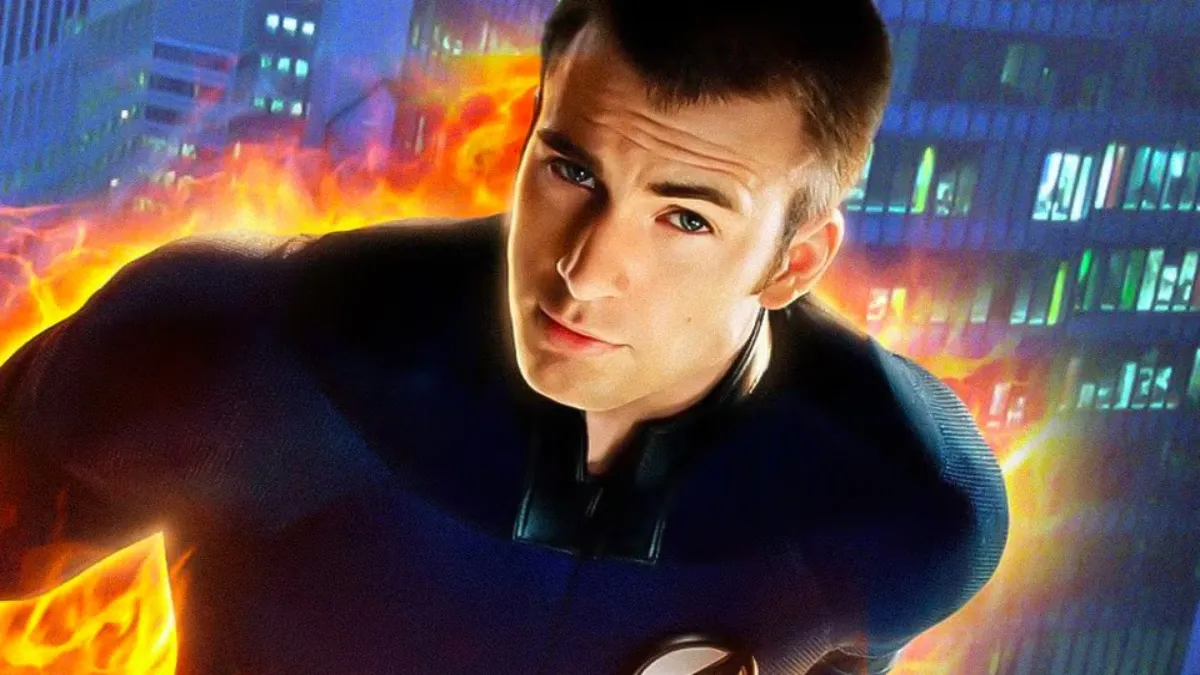A movie like Black Panther speaks volumes about message and direction over recycled beginning. As Ryan Coogler’s Wakandan empire is grandly revealed under the hazy African sunlight, Marvel takes a gazelle’s leap towards shattering preconceptions about “comic book movies” being nothing but dumb, empty fun. For how often we complain about superheroes dominating Hollywood box office charts, the now household-named “MCU” favors responsibility over churning and burning similar skylines overrun by Earth’s next extraordinary villain. Marvel has a choice – stand idly by while culture stagnates, or be a forefront contender for pushing representation of all creeds, colors and experience. The studio, as shown through this tribal tribute that bangs a booming drum for fresh (essential) superhero imagery, has rightfully proven to champion the latter.
Oh, yeah – and Coogler made one *hell* of a Marvel origin story for his titular king’s first solo charge. Without vision and validation, might such a message be forgotten with the wind?
When we first met T’Challa (Chadwick Boseman) in Captain America: Civil War, he was but a humble Wakandan prince. Black Panther, albeit through grave circumstance, is his coming out party as Wakanda’s new leader. Four allied tribes praise their initiated king, while M’Baku (Winston Duke) – leader of a fifth removed tribe, the Jabari – watches with displeasure from afar (after being defeated in ritual combat). T’Challa completes his ceremonial trials, meets with his father in their panther mid-realm and begins to rule his people – which, of course, is when things get immediately complicated.
Enter Ulysses Klaue (Andy Serkis) – the only outsider to leave Wakanda alive, badly branded but with a smuggled shipment of Vibranium (Wakanda’s energy-manipulating ore resource). T’Challa’s father, King T’Chaka (John Kani), was never able to bring his escapee to justice – which only fuels T’Challa’s pursuit. This leads to an even graver run-in with one of Klaue’s soldier-of-fortune bodyguards, Erik Killmonger (Michael B. Jordan). He’s more than some grenade-chucking jarhead for hire, which is exposed during a meeting with T’Challa’s council that reveals Killmonger’s Wakandan heritage. Who is this man, what threat does he pose and will he actually challenge T’Challa’s position of royalty? You betcha!
Let me start with an exaggerated but deserving Michael B. JorDAYUMMM – Black Panther has no problem solving Marvel’s pesky “villain” problem. Klaue is nothing but a braggadocios arms dealer; an eccentric madman who pulls Vibranium packages out his unzipped fly (a fun kind of psychopath). Killmonger emerges as T’Challa’s Mt. Everest of challenges, an ex-special forces master with a right to be angry. T’Chaka’s old ways failed Erik and a great many other “brothers” who suffered/still suffer outside Wakanda, all while select tribes flourished under Vibranium enhancement. Not only is Jordan’s Oakland-bred performance a swaggy king-of-the-hill act that flexes confidence and thuggish charisma, but T’Challa is forced to rethink his strategy as panther-in-chief – far more developed than typical world domination plans.
Even better, Black Panther sets subtlety ablaze like a match tossed into the world’s biggest fireworks factory. Remember how articles started popping up after Thor: Ragnarok about Taika Waititi successfully sneaking colonization undertones into a cosmic quarrel? Leave it to Coogler and co-writer Joe Robert Cole to have Shuri (Letitia Wright) call a miraculously-healed Everett K. Ross (Martin Freeman) “colonizer” to his face. From Ruth E. Carter’s Oscar-worthy costume design to Ludwig Göransson/Kendrick Lamar’s savanna-inspired score, the roots of Black Panther entrench themselves in cultural saturation that’s always about perspective through a “3rd world” African nation. A tech-suited hero walking around favelas and sidewalk markets in open-toed sandals; dialect clicks and raving chants to the rhythm of pounding spears. Unfamiliar to some, crucial for more reasons than any one of us can count.
Wakanda is – so vividly realized – a hustling and bustling metropolis that Coogler details meticulously. Whether panning over W’Kabi’s (Daniel Kaluuya) rhino farms or speeding through blue-lighted Vibranium mines on magnetic suspension trams, we are transported. Every dusty street corner and reflective city structure screams old-world-meets-modern-update, as to not forget where Wakanda’s humanity first blossomed (gigantic panther statue cave openings and all). Purple nova-swirls glow amidst darkness in Coogler’s retirement realm for Black Panthers just as red sand beckons in a new Black Panther or snowy caverns unite old enemies. It’s differentiation in a world mostly scorched by sunshine – never repetitive and grown from rich histories.

In a movie where Chadwick Boseman fights for honor and Winston Duke threatens to eat Martin Freeman for a laugh (Duke a surprise comedic standout), it’s Wakanda’s mighty females who unleash the full potential of Black Panther. Lupita Nyong’o as Nakia, a humanitarian spy who handles herself with composure and resilience. Danai Gurira as Okoye, the most fearsome warrior in the king’s guard and all of Wakanda (oh what thrills Gurira’s spear-wielder fighter commands). The aforementioned Letitia Wright as Shuri, T’Challa’s little sister and Wakanda’s leading Vibranium inventor who’s like Black Panther’s Q – except with panther-head fist devices that shoot some kind of concentrated Vibranium blasts. All scene-stealing ladies who fight alongside Black Panther as equal allies, and let’s not forget Angela Bassett’s queenly stature.
If a downfall is to be pointed out, Black Panther heavily renders many green screen backdrops and sometimes lays digital manipulation a bit thick where T’Challa’s suit is concerned. I said it about Thor: Ragnarok and I’ll say it here – studios with budgets this big shouldn’t fall victim to such noticeable CGI (or shaky editing in one or two chaos-first action sequences). T’Challa’s pulsating suit is especially hard to materialize given how it expands from out of the silver “tooth” necklace collar, but this is Marvel we’re talking about. Immersion should be no obstacle (colorful animation aesthetics aside). It’s impossible to not wonder what a few more days or dollars could have accomplished.
Black Panther succeeds not because of one spandexed savior, but on the backs of community. Dreamers who never stopped fighting or believing, vindicated by a spirit of change channeled through one clawed vessel. T’Challa is a symbol, an avatar, and a humble voice for those who’ve not been heard for decades (on screen or in reality). Ryan Coogler waves this torch not as a warcry, but with dignity and perseverance when its audience needs a hero most. That first post-credits UN speech? Yeah, I’ll take my comic book movies with a heavy helping of political addressing if it’s this empowered – especially given how Coogler *still* is able to translate Fruitvale Station/Creed signatures to his very personal MCU entry. This is nothing less than a love letter to individuality and representation, built on the simplest statement of “I – nay – WE hear you” – for the ones who’ve found a new home in Wakanda.


























